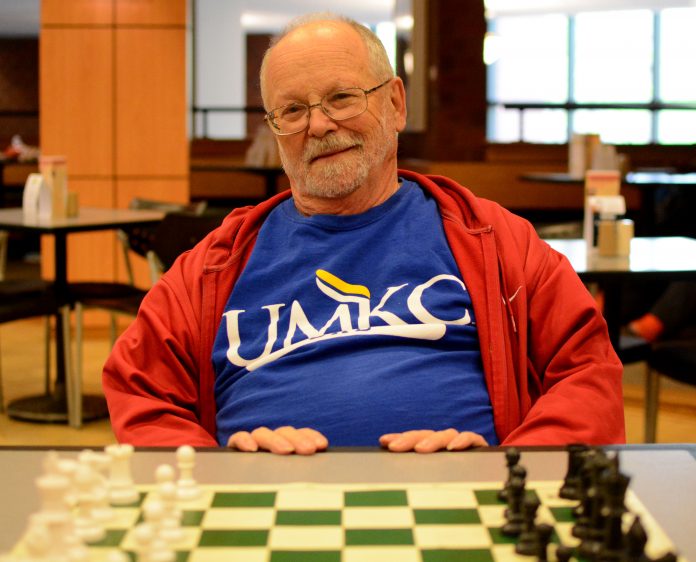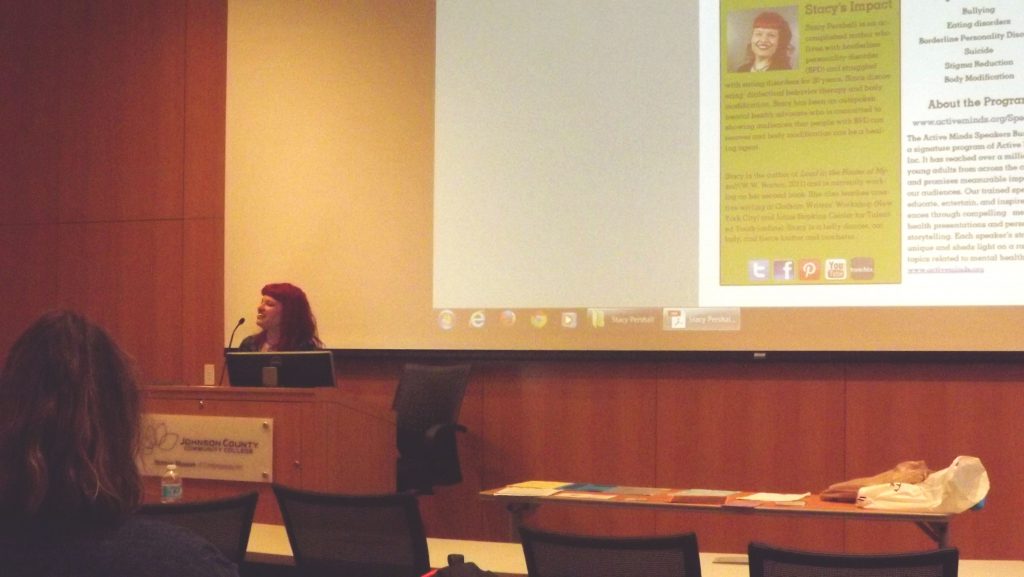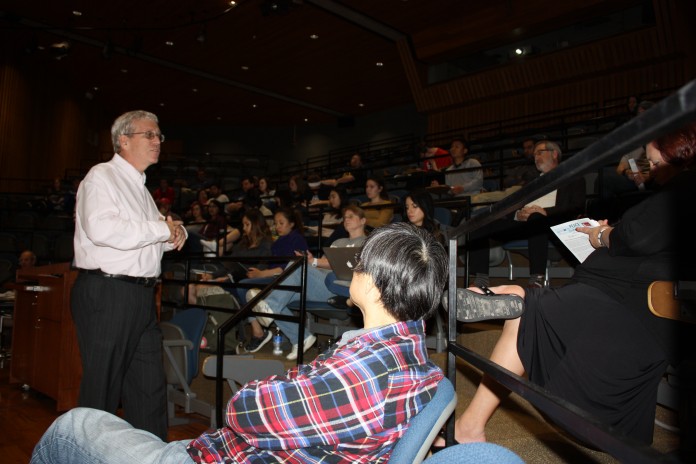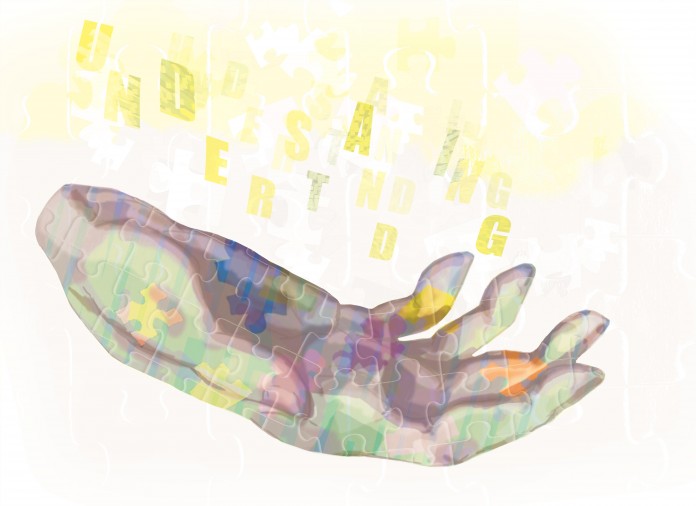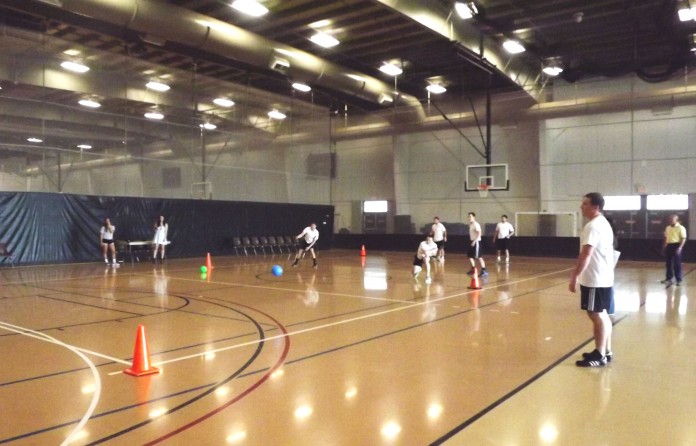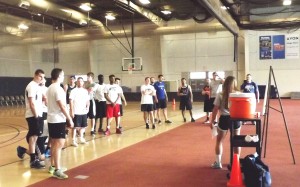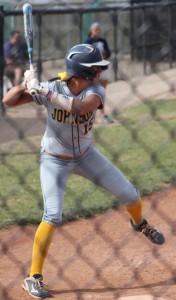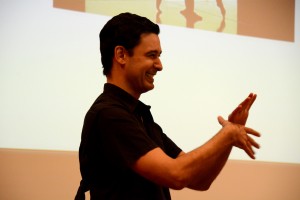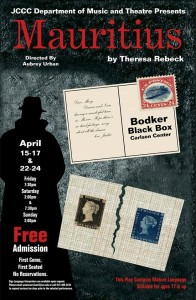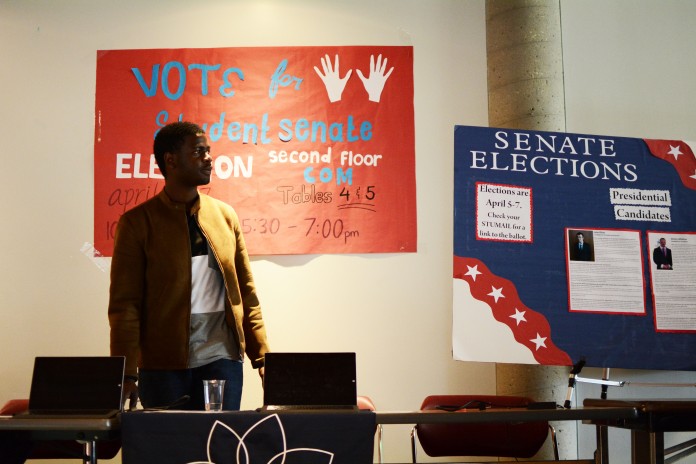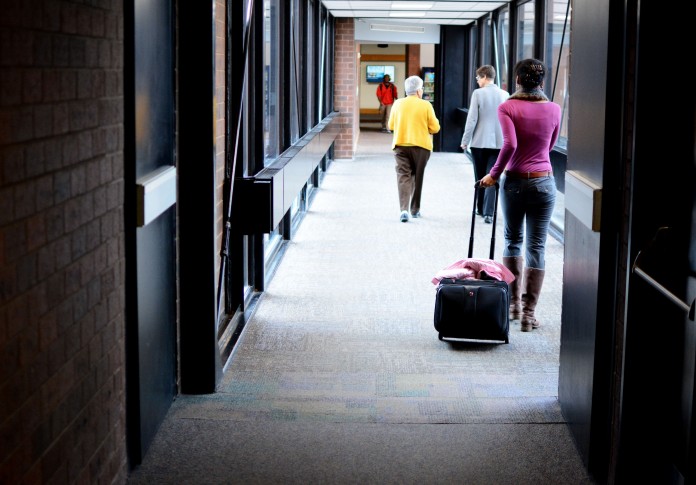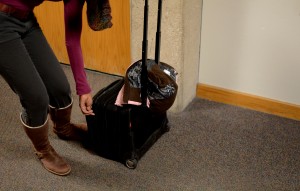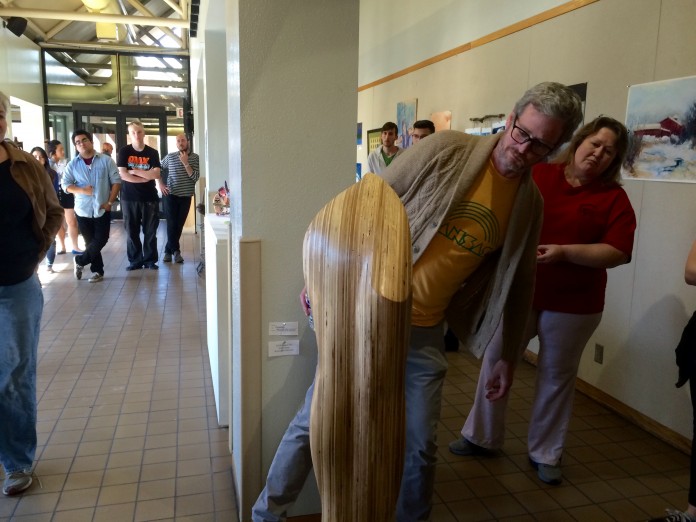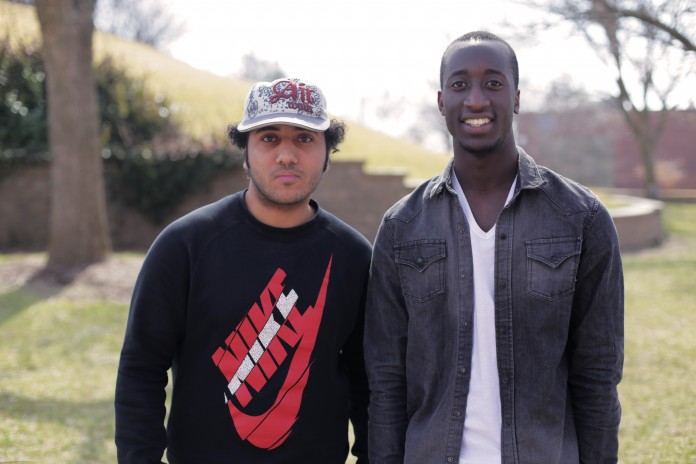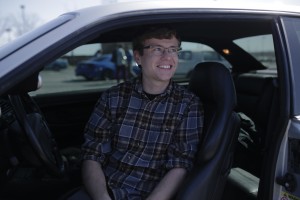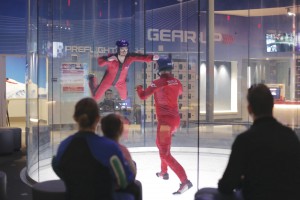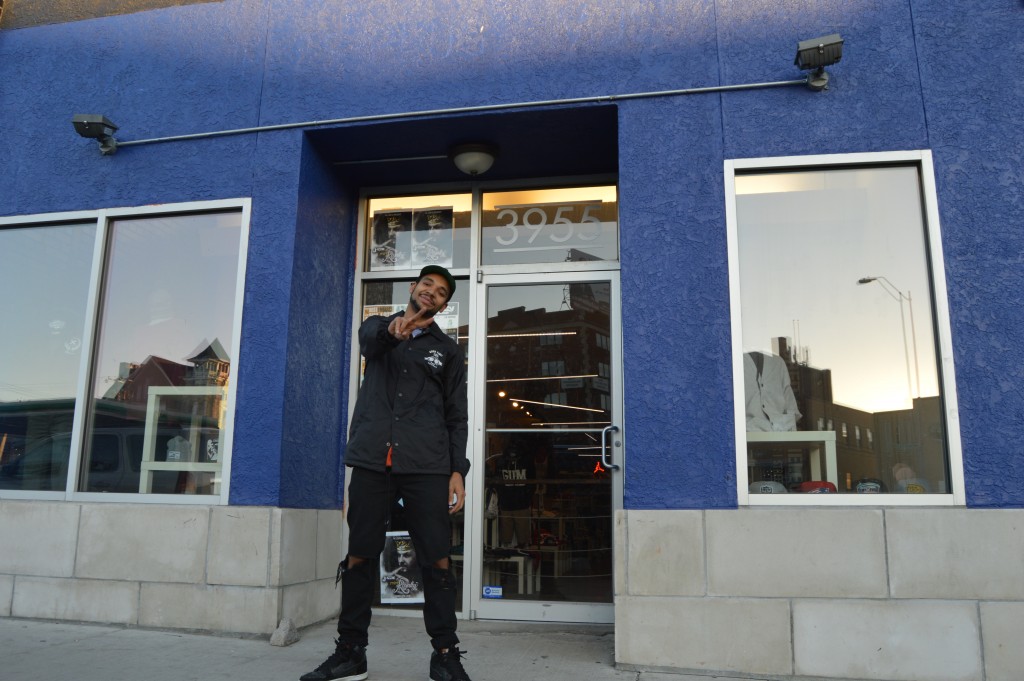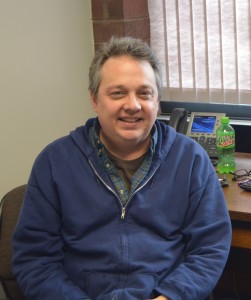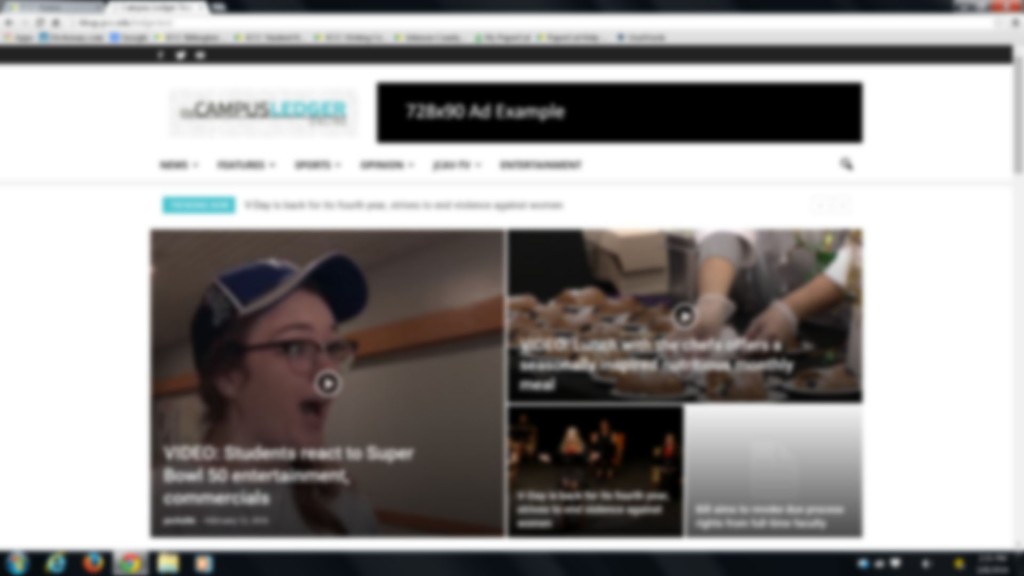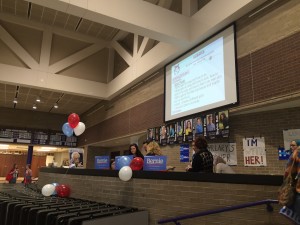Annie Beurman
Reporting correspondent
Though Pokémon was created twenty years ago, it has recently made a comeback with the new app Pokémon Go. The game encourages players to get out into the world around them by exploring different places to catch different Pokémon monsters, collect items and battle other players to become a master Pokémon trainer. The college has several hot spots located all over campus where players can collect items and three gyms to battle other trainers.
Leila Jacobs is a Student Life Coordinator at the Center for Student Involvement and said that Pokémon Go has made a good impact on the college.
“On campus… [Pokémon Go has] been really great,” Jacobs said. “There’s been a lot of talk about how it’s brought a lot of people to campus that normally wouldn’t be here and that’s been really good for us and with students it’s been a really good experience and I know of other staff members that play too…”
One of the gyms is located outside the Nerman Museum of Contemporary Art. Employee Holly Thomas sees a few people playing outside every now and again. Even the museum staff enjoys the game as well, Thomas being one of the most active players.
“The Nerman Museum welcomes Pokémon Go players and non-players alike,” said Thomas. “We’d love to see you here. Check out our website for hours and more information.”
The app has brought former students and even those who aren’t students at all to campus. Biz Young, a former student, and her sister Hope have been playing the game since a week after its release due to hearing about it all over social media. The two had already been fans of Pokémon beforehand, enjoying the cartoons and some of the older video games.
“What I think Pokémon Go will bring [to the college] in general is appreciation of [the museum] and appreciation of things that are around you because unless all these sculptures weren’t here you wouldn’t know anything about them,” said Biz. “It’s really… terrible how we keep walking by everything… at least with Pokémon Go we can see it.”
With a total of three gyms and 26 Pokéstops located around the college, Pokémon Go provides a great deal of fun for those who are set to become master Pokémon trainers.
“In the fall it would not surprise me if there was a Pokémon club formed first thing and I think that would be wonderful,” said Jacobs.
























